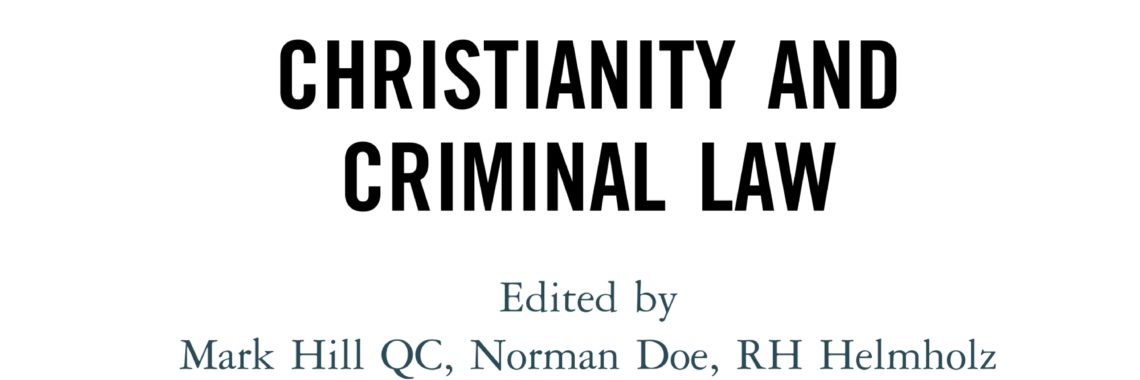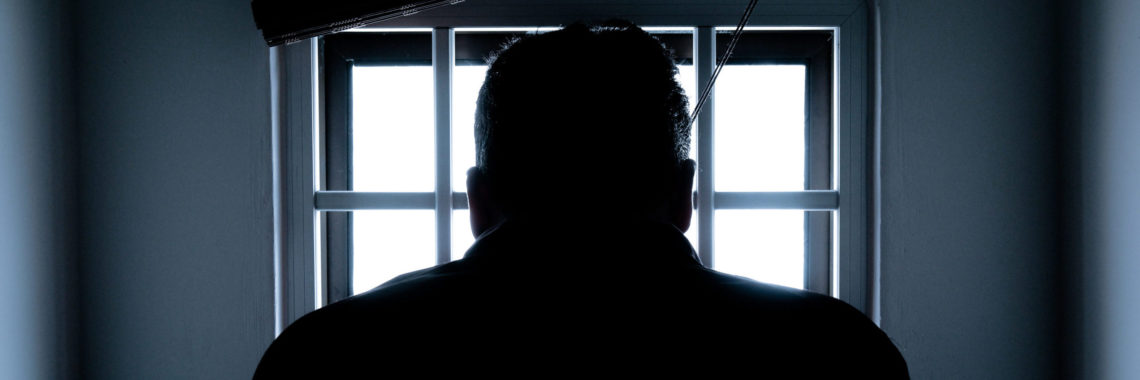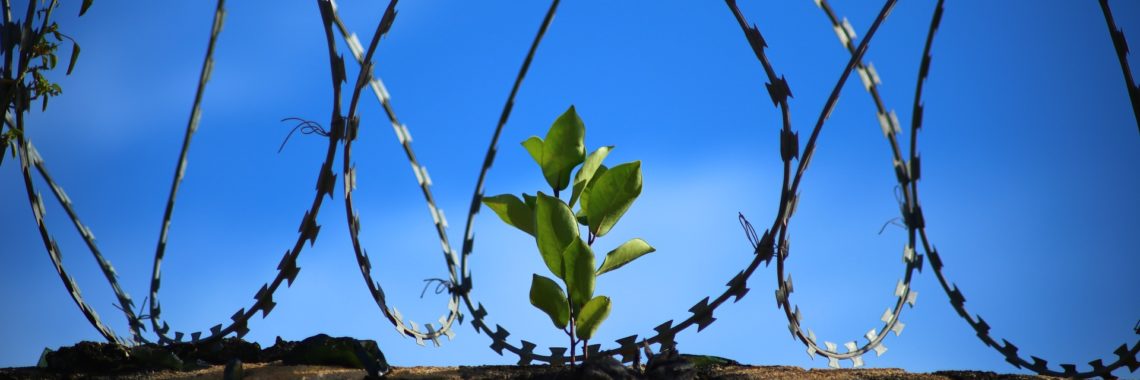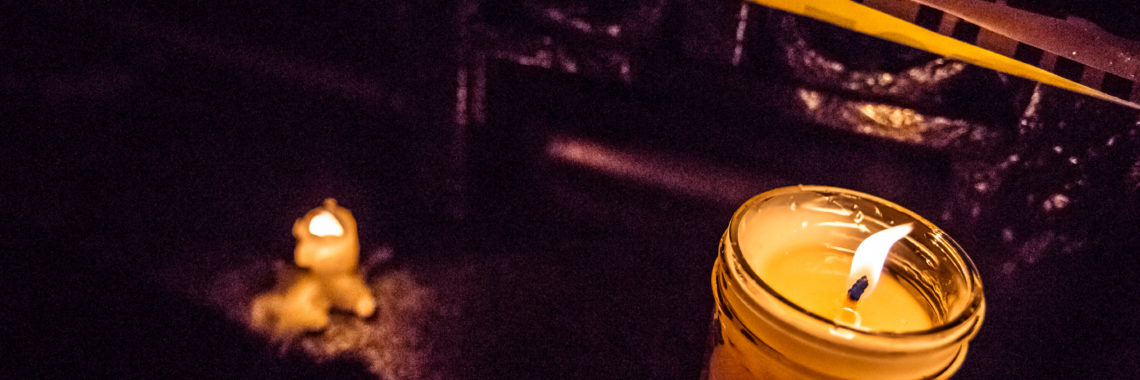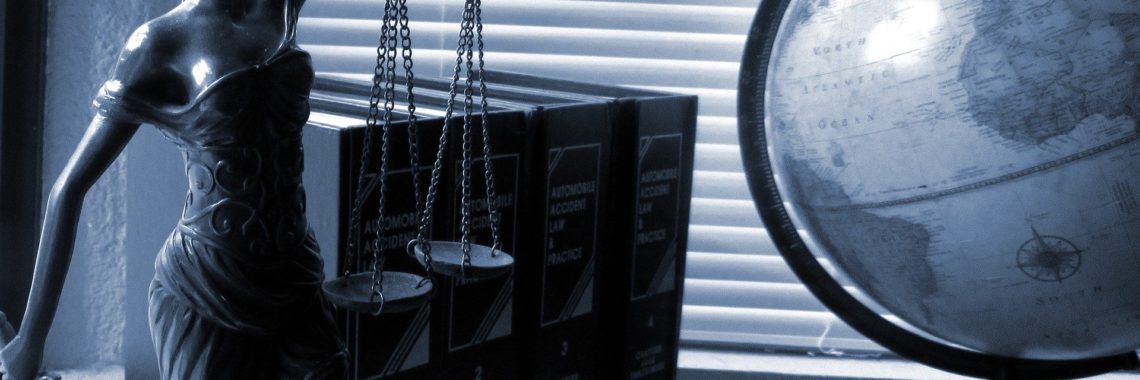“God in the Attorney-Client Relationship” by Matthew P. Cavedon
Image adapted from Wikicommons by DhLeaks44 / CC BY-SA 4.0 “God in the Attorney-Client Relationship” Matthew P. Cavedon I was taught early on that a criminal defense attorney has to overcome numerous obstacles to win clients’ trust. Hurdles include their past difficulties with authority figures. Their fears for the future. Their mental illnesses and chemical dependencies. The instability…



